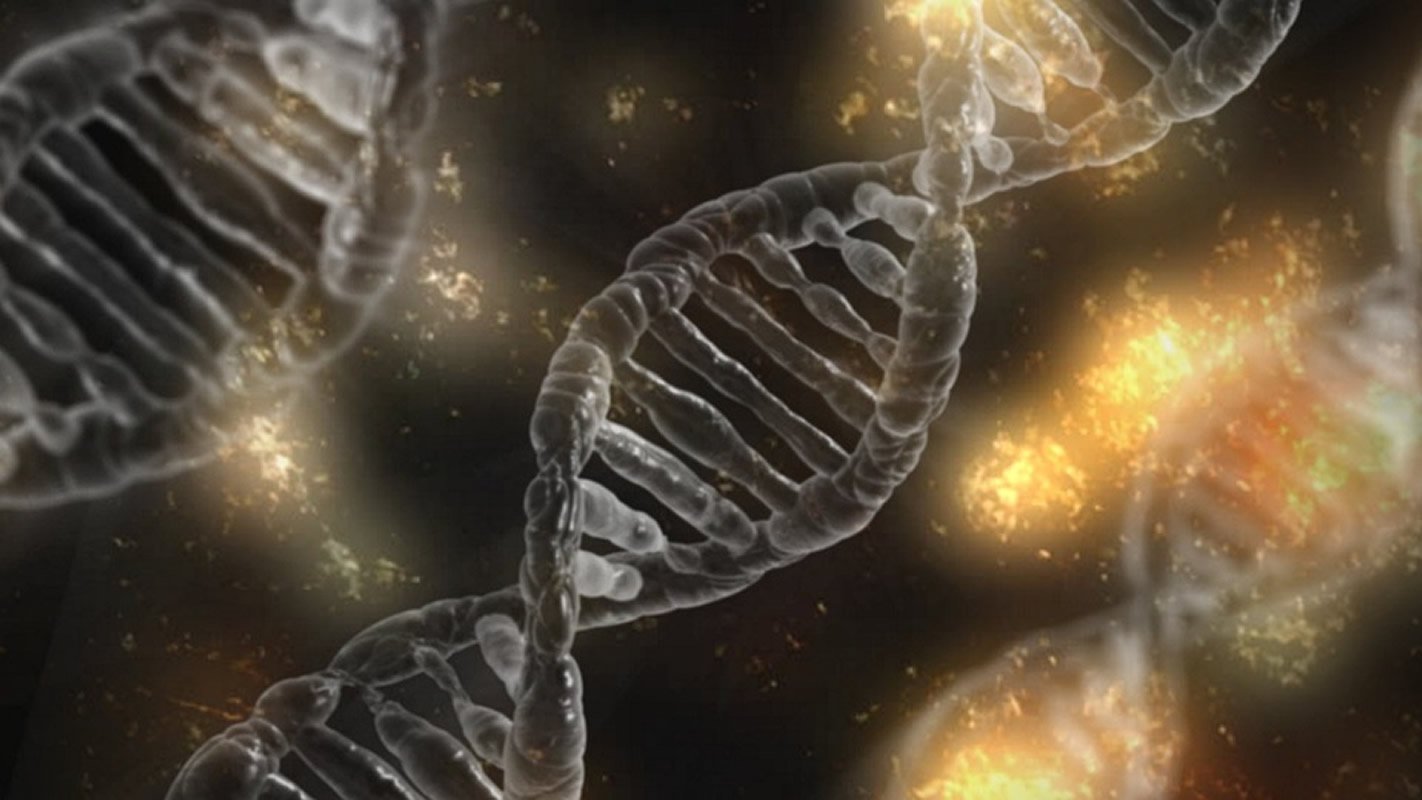Summary: CYFIP1 plays a key role in the damaging effects of 15q11.2 deletion. When CYFIP1 is missing, myelin abnormalities occur. The findings shed light on how psychiatric disorders, such as schizophrenia and autism, may develop.
Source: Cardiff University
Scientists have identified a specific gene they believe could be a key player in the changes in brain structure seen in several psychiatric conditions, such as schizophrenia and autism.
The team from Cardiff University’s Neuroscience and Mental Health Research Institute has found that the deletion of the gene CYFIP1 leads to thinning of the insulation that covers nerve cells and is vital for the smooth and rapid communications between different parts of the brain.
The new findings, published in the journal Nature Communications and highlighted in the journal Nature Reviews Neuroscience, throws new light on the potential cause of psychiatric conditions and could ultimately point to new and more effective therapies.
Though there are a number of genetic changes that can alter the risk of psychiatric disorders, one prominent change is called Copy Number Variants (CNV) and involves the deletion of bits of DNA.
Specifically, a CNV is where DNA is deleted from one of the chromosome pairs.
Work done in the world-leading Medical Research Council Centre for Neuropsychiatric Genetics and Genomics at Cardiff has shown that people who have these deletions of DNA have a much higher chance of psychiatric disorder but as the deletions often contain many genes, it has so far been a mystery as to exactly which genes contribute to the increased risk.
In their study the team focussed on the deletion of one specific gene, CYFIP1, located in a precise location of chromosome 15, known as 15q11.2, which had already been identified by the same team as an area with links to the biological abnormalities associated with psychiatric disorder.
Using cutting-edge methods and growing brain cells where one copy of CYFIP1 was missing, the team were able to show that this was linked to abnormalities in myelin – an insulating layer or sheath that forms around nerves in the brain.
Moreover, the team were able to trace these abnormalities back to specific brain cells called oligodendrocytes which are responsible for producing myelin sheaths.
First author of the study Ana Silva, who carried out the work with colleagues as part of her PhD studies, supported by the Welcome Trust, said: “What surprised us most was how much of the 15q11.2 deletion effects could be explained by a single gene effect.
“We know that the risk of suffering from a psychiatric condition is influenced by a whole host of factors related to both the physical and social environment and our genetic make-up.

“We believe that CYFIP1 is a key player in the damaging effects of the 15q11.2 deletion and because we know what sort of brain functions this gene is involved in, we can use this knowledge to increase our understanding of psychiatric disorder and potentially find new and more effective therapies.”
Lead author Professor Lawrence Wilkinson, Scientific Director of the Neuroscience and Mental Health Institute at Cardiff University, said: “Cardiff has been at the forefront of identifying genetic risk factors for psychiatric conditions and the challenge now is to make biological sense of the genetics to help us understand the disease pathology and design better treatments.
“Our work with CYFIP1 is an example of how genetic insights can guide research into biological mechanisms underlying dysfunction.”
Professor Jeremy Hall, co-Senior author and Director of the Neuroscience and Mental Health Research Institute, said: “The combination of clinical and scientific expertise in Cardiff, together with the generous support from our funders the Welcome Trust, Medical Research Council, Waterloo Foundation and Hodge Foundation, means we are in a strong position to exploit the rapid advances in psychiatric genetics for the benefit of patients.”
Following on from this research, the team are looking for myelin abnormalities in people with the 15q11.2 deletion using state-of-the-art facilities at Cardiff University’s Brain Research Imaging Centre as well as working out the precise mechanism that causes the CYFIP1 myelin abnormalities in order to fix it.
Source:
Cardiff University
Media Contacts:
Michael Bishop – Cardiff University
Image Source:
The image is in the public domain.
Original Research: Open access
“Cyfip1 haploinsufficient rats show white matter changes, myelin thinning, abnormal oligodendrocytes and behavioural inflexibility”. Ana Silva et al.
Nature Communications. doi:10.1038/s41467-019-11119-7
Abstract
Cyfip1 haploinsufficient rats show white matter changes, myelin thinning, abnormal oligodendrocytes and behavioural inflexibility
The biological basis of the increased risk for psychiatric disorders seen in 15q11.2 copy number deletion is unknown. Previous work has shown disturbances in white matter tracts in human carriers of the deletion. Here, in a novel rat model, we recapitulated low dosage of the candidate risk gene CYFIP1 present within the 15q11.2 interval. Using diffusion tensor imaging, we first showed extensive white matter changes in Cyfip1 mutant rats, which were most pronounced in the corpus callosum and external capsule. Transmission electron microscopy showed that these changes were associated with thinning of the myelin sheath in the corpus callosum. Myelin thinning was independent of changes in axon number or diameter but was associated with effects on mature oligodendrocytes, including aberrant intracellular distribution of myelin basic protein. Finally, we demonstrated effects on cognitive phenotypes sensitive to both disruptions in myelin and callosal circuitry.






